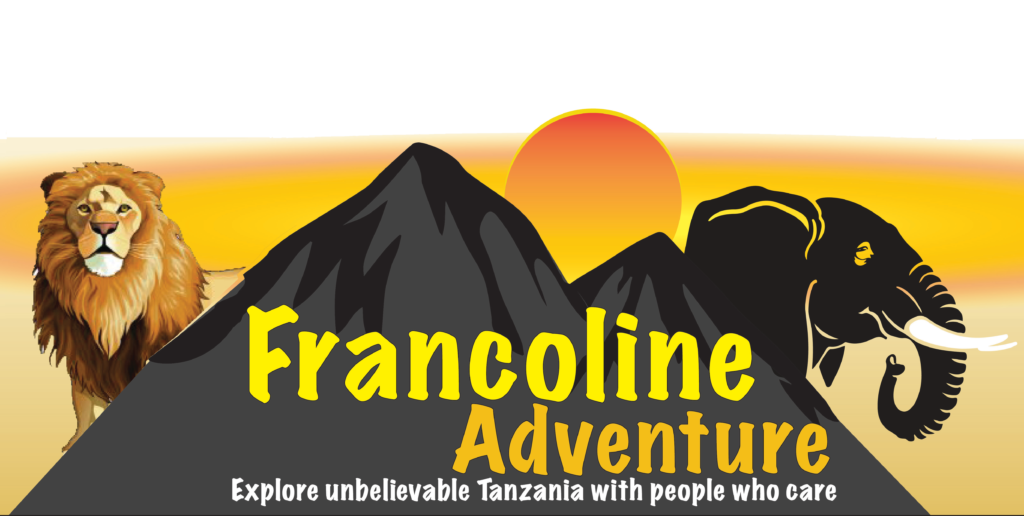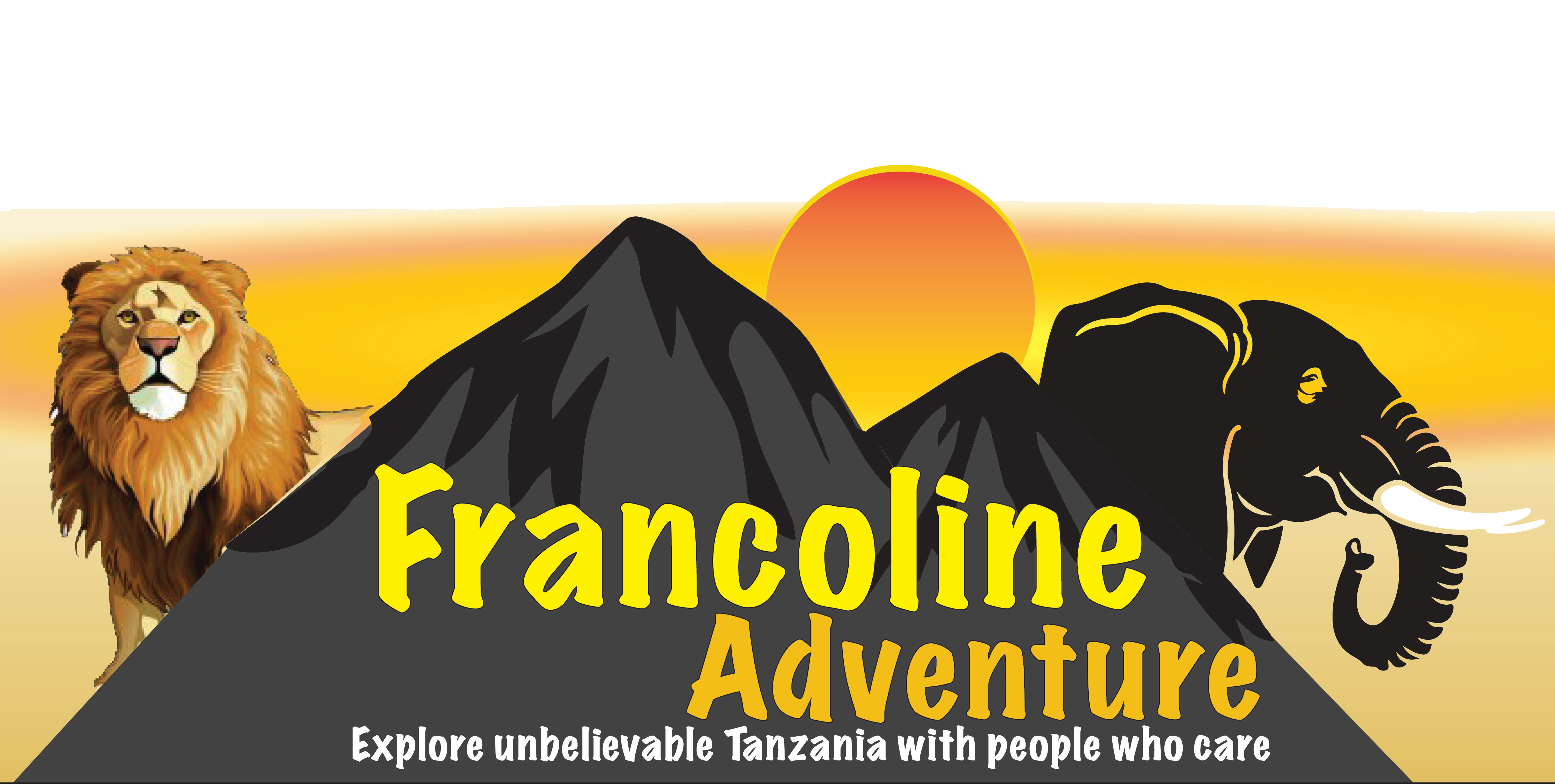Tips while on Safari
MORE INFORMATION
LANGUAGE AND CULTURE:
Although Tanzania has many local dialects, Swahili is the official language. English is Tanzania’s official business language. Most people you will come in contact with will be quite fluent in English. You may find it useful to buy a Swahili-English Phrase book on arrival.
Tanzania cultures are nearly opposite to Western cultures in many ways. When in a rural village, it is important to respect the local culture so we will always be welcome. Most of the Tanzanians you will encounter in a village have had little exposure to foreigners. In all cases, communication is a great path to mutual understanding and if you should get into any misunderstandings, feel free to talk with your guide.
MONEY MATTERS:
The currency in Tanzania is the Tanzania Shilling. The US Dollar, however, is most widely used. Foreign currency can be exchanged for local currency at the banks and bureau de changes. Changing money on the streets is prohibited and dangerous.
USD CASH: Torn notes and old series notes are not readily accepted so we strongly recommend you bring the newer series year 2006 and above notes.
Whilst larger denomination bills are acceptable, we recommend you also bring some smaller denomination bills as sometimes change is not easily attainable.
CREDIT CARDS: Although some hotels/curio shops accept Visa & Master card Credit Cards. Please expect surcharges of between 5-10%. American Express is not widely accepted. ID/Passport may be required at some places
TRAVELLERS CHEQUES & PERSONAL CHEQUES: are not accepted
ATM’s: Many major cities in Tanzania have ATM’s (that accept Master card and Visa). A pin code is required, and the cash withdrawal limit is about US$400 per day which you receive in local Tanzanian Shillings.
ELECTRICITY AND UTILIZATION
Most Hotels/Lodges in Cities in Tanzania run on electricity with many having standby generators. However please be aware that many tented camps and lodges at the parks do not provide 24-hours electricity, thus they use generators, which are run for just a few hours each day. These are often turned off after dinner and on again just before dawn. We recommend that you carry a flashlight and extra batteries for your video cameras, digital cameras & for any electrical appliances you may require on the trip. The electrical voltage in Tanzania is 220V-240V; 50Hz.
A rectangular 3-square pin UK plug adapter is required to use electrical appliances including video cameras and digital cameras. If you come from a country where voltage is 120V (or lower than 220V), Please take note of the following:
Check to see the equipment you are carrying has a dual voltage power supply; we recommend you check that the input reads 100/120V – 240V. If this is not so, then you will need to bring a plug adapter, as well as a transformer/converter. Some hotels/lodges/camps have hairdryers, however not all have hairdryers; so if it is important to you, please bring one. If you have a health concern that requires you to charge your medical equipment at all times, please kindly advise us beforehand and we can plan accordingly.
FOOD AND WATER:
We provide 2 litters of bottled drinking water per person per day. All our safari vehicles are equipped with a small refrigerator to keep your drinks chilled for you to enjoy during your safari. Avoid drinking water from the tap. Extra bottled water may be purchased locally before embarking on safari. It is also available at the game lodges. At the lodges/camps & up market hotels in Tanzania, food is of a reasonably high standard.
A dietary restriction does not prevent you from going on safari, so any Special meal requests must be communicated to us in writing at the time of booking (Vegetarian, Vegan, Food allergies, gluten free, etc). We do need to know in advance if you are vegetarian or have special meal requirements or food allergies so we can carter these needs. For those who require a gluten free diet, we would recommend you bring a few gluten-free snacks or If you require any special health supplement, please bring it with you. Your guide will be with you throughout the entire safari and he can also assist you by speaking to the kitchen management, should this be necessary.

